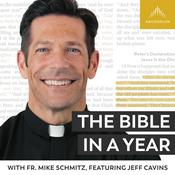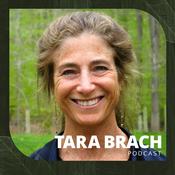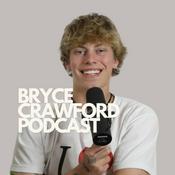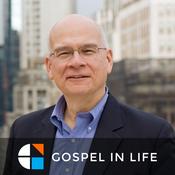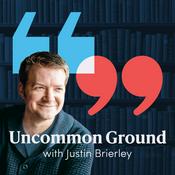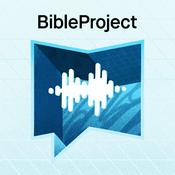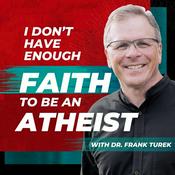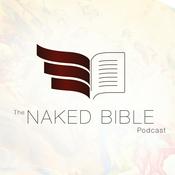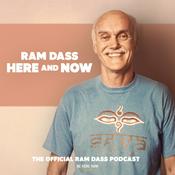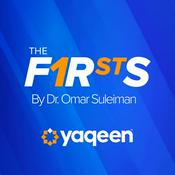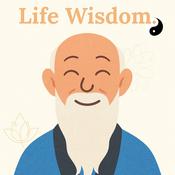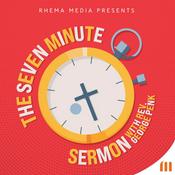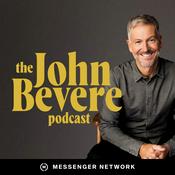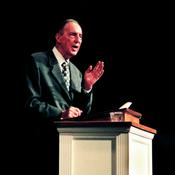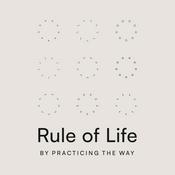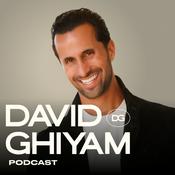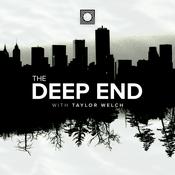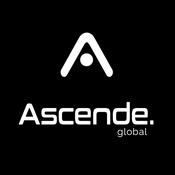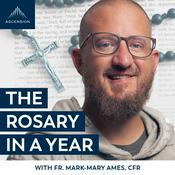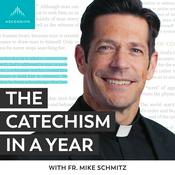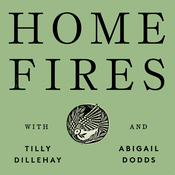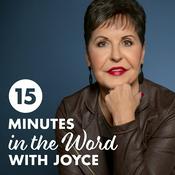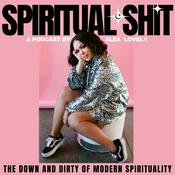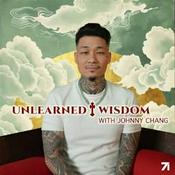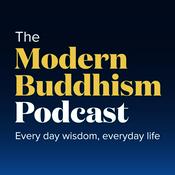112 episodes
Non-coercive Community Pt 3: The limitations of self-reliance and "opportunity"
04/12/2025 | 1h 12 mins.Episode 112: In this episode Shane Meyer-Holt returns for another conversation about the journey of engaging in and building non-coercive communities. We talk about how individualism and capitalism have profoundly shaped so many of us in themes of self-reliance and the importance of opportunity (as well as the freedom to take up those opportunities). These are deeply inbuilt into the psyche of our societal assumptions - and they happen to make regular sustainable commitment to communities of care and mutual obligation an incredibly difficult prospect. If we ultimately believe (and in many respects, understandably so) that we are on our own in keeping our heads above water - then commitment to community can come into conflict with our need for self-reliance. And if we think that we must be free to take every opportunity available to us, then mutual care and genuine healthy obligations to one another may well get in they of those opportunities. In many respects, all modern collectives are struggling with this new reality. Some embrace a model of high-reward, high-punishment community as a mechanism to sustain participation. But what happens if you don't believe in that kind of church or collective dynamic?
We come to this conversation as people involved in leading church communities (Shane, at Fitzroy North Community Church in Melbourne, and Michael, at Edge Kingsland in Auckland).
Contact: [email protected]
Support: www.patreon.com/intheshift- Episode 111: In this collab episode between In the Shift and Sunday Sanctuary, I’m joined by Petra Bagust to discuss “why church?” In this conversation we chat through a bunch of reasons why church communities and collectives can be both challenging and nourishing/meaningful. We talk about the place of ritual, song and storytelling in human communities and identity formation, the challenges of individualism, acknowledging both the harm that churches and religious institutions can be complicit in, as well as the possibilities and hopes that remain important.
You’ll find a more edited version of this conversation along with other reflections, practices and more over at the Sunday Sanctuary podcast, so check it out!
Petra is a familiar face in Aotearoa New Zealand, having been on TV and radio over the last 30 years, beginning with cult-favourite TV show, Ice TV. She is a media chaplain with Media Chaplaincy New Zealand, host and broadcaster, hosting two podcasts - Sunday Sanctuary and the award-winning Grey Areas with Petra Bagust.
Sunday Sanctuary is a podcast that brings hopeful spiritual conversations about our shared humanity. It began as a live radio show on Today FM, before becoming a podcast for those curious about Christian spirituality, as well as those who aren't currently part of a church community.
Instagram: @sundaysanctuarynz
Website: sundaysanctuary.nz
Support In the Shift by heading to www.patreon.com/intheshift, and send your reflections, stories, experiences via email: [email protected] - Episode 110: We continue our series on non-coercive community - a bunch of conversations in which we are exploring the possibilities and challenges we experience in building sustainable non-coercive collectives and communities. In this conversation, Shane Meyer-Holt discusses his research into capitalism, care and community. We reflect on how so many aspects of our lives have become shaped, defined and understood in capitalist/neoliberal terms. Shane suggests that capitalism is not just an economic theory but has become a social imaginary - in other words, it has come to profoundly and deeply impact how we think about self, identity, relationships, community and care... and what kind of 'productivity' (and use of our energy) really matters and is worth something. Instead of viewing ourselves as interdependent communal beings who rely on each other through mutual obligation, we are shaped to see ourselves as competitive self-interested autonomous individuals trying to get ahead. We explore how freedom is defined within this framework and the overwhelm/stress it can generate, the increase in self blame, and the powerful cultural tides that make regular and sustainable participation in non-coercive communities really challenging.
Shane is a co-leader of Fitzroy North Community Church in Melbourne and Michael is leader of Edge Kingsland, a church in Auckland. Shane's research draws on the work of Bruce Rogers-Vaughan and his book "Caring for Souls in a Neoliberal Age".
Email: [email protected]
Support: www.patreon.com/intheshift - Episode 109: Evangelicalism is having a moment.... some are calling it revival - but I think something else is going on here. This is a shorter episode (rather unplanned) on the contemporary Christian worship movement and the way it intersects with the revivalist hopes of Evangelicals/Pentecostals/Charismatics. What we find is that these movements have come to shape many Christian's understanding of what "God's presence" feels like, and of what they believe a "move of God" will look/feel/sound like. And it is these very interpretations, definitions and yearnings that are coming to function as a smokescreen for fascism - both intentionally and unintentionally.
- Episode 108: Steff Fenton is author of the new book "Gender Expansive Faith: How Trans Lives are Illuminating the Divine, Transforming Feminism and Ending Christian Patriarchy." In this conversation we talk about Steff's journey of coming to terms with both their sexuality and then gender identity whilst also belonging to the church. We jump into a bunch of stuff including the distinctions between sex and gender, the spectrum and diversity of human experience, and the way in which strict gender binaries can create numerous problems for all humans. We also talk through some fascinating aspects of Jesus' reflection on marriage, eunuch's in the New Testament, the creation story in Genesis, and the gift that trans and non-binary folk can be to people of faith who are looking to find more expansive ways of seeing God and being human.
You can find out more about Steff's work here and you can buy (and review) their new book via Amazon.
To support the work of In the Shift, you can go to https://www.patreon.com/intheshift
More Religion & Spirituality podcasts
Trending Religion & Spirituality podcasts
About In the Shift
A podcast for when life and faith go off script. Hosted by Michael Frost.
Podcast websiteListen to In the Shift, Rebuilders and many other podcasts from around the world with the radio.net app
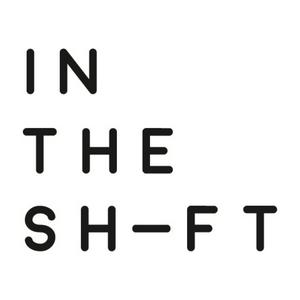
Get the free radio.net app
- Stations and podcasts to bookmark
- Stream via Wi-Fi or Bluetooth
- Supports Carplay & Android Auto
- Many other app features
Get the free radio.net app
- Stations and podcasts to bookmark
- Stream via Wi-Fi or Bluetooth
- Supports Carplay & Android Auto
- Many other app features


In the Shift
Scan code,
download the app,
start listening.
download the app,
start listening.


